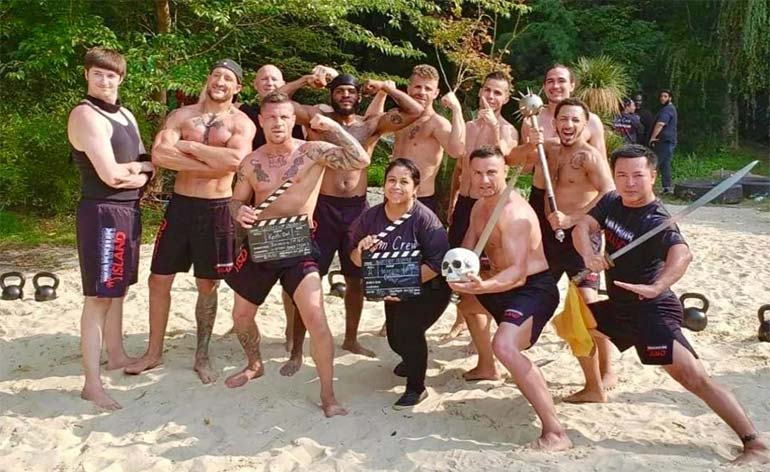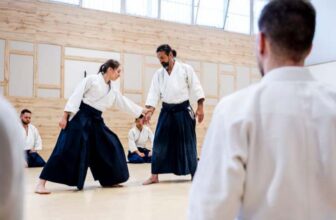
Starting a kung fu training dojo can be an exciting endeavor, especially for martial artists—it allows you to share your appreciation for the training. Joining the dojo gym business plays a key role in keeping kung fu traditions alive.
Get ready to inspire the next generation of martial artists with these 5 tips for establishing a kung fu dojo!
Draft a Detailed Business Plan
Running a dojo means dipping your toes in the business world. Before you take the plunge, you need a blueprint—a detailed business plan. It should encompass your target market, marketing and operational strategies, and projected finances.
Be sure to factor in initial costs like obtaining a suitable space, purchasing equipment, and getting the necessary permits and insurance.
Establishing a martial arts dojo requires some business and legal technicalities before getting to the fun part of training students.
Acquire Relevant Certifications
Dojo owners should be martial arts experts. In order to share your wisdom with others, you need to have the skills and experience to teach.
Getting certifications for martial arts instruction and business ownership gives your dojo credibility.
Acquiring and showing your relevant certifications reassures potential students and their parents about your competence as a sifu.
Develop a Unique Selling Proposition
Although specializing in a niche is one of the many ways to give your fitness center a competitive edge, the martial arts come with lots of competition. With so many martial arts schools around, you need to differentiate your dojo from others.
You can develop a unique selling proposition (USP) in many ways. For example, your dojo might focus on traditional kung fu forms, self-defense, or a blend of martial arts.
Whatever your USP, make sure you’re passionate about it and that it addresses the needs and interests of your students.
Equip Your Dojo
Kung fu dojos are the center of learning and training, from physical preparation to philosophical education. Every dojo needs these basics:
- Mats for floor exercises
- Punching bags for strength training
- Wooden dummies for form practice
- Agility ladders
- Hand weights and weight machines
Outfitting your dojo with mirrors can be beneficial for students monitoring their form. Invest in protective gear such as gloves, headgear, and shin guards for safety when sparring.
Don’t forget traditional Kung Fu weapons, like long staffs, swords, and butterfly knives. Be sure to purchase high-quality equipment that can withstand rigorous use.
Foster a Community
Building a strong community within your dojo is crucial for its success. A dojo is more than a place for learning martial arts; it’s a space where people come together to grow, learn, and support one another.
Encourage friendships and camaraderie among students with social events and team-building exercises. Organize tournaments, workshops, and charity events to increase your dojo’s visibility in the community and attract potential students.
A dojo with a strong sense of community retains students and inspires others to join.






